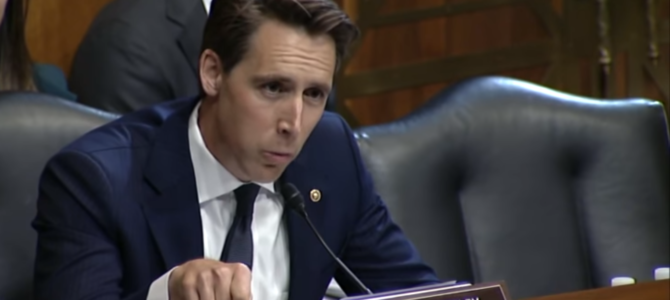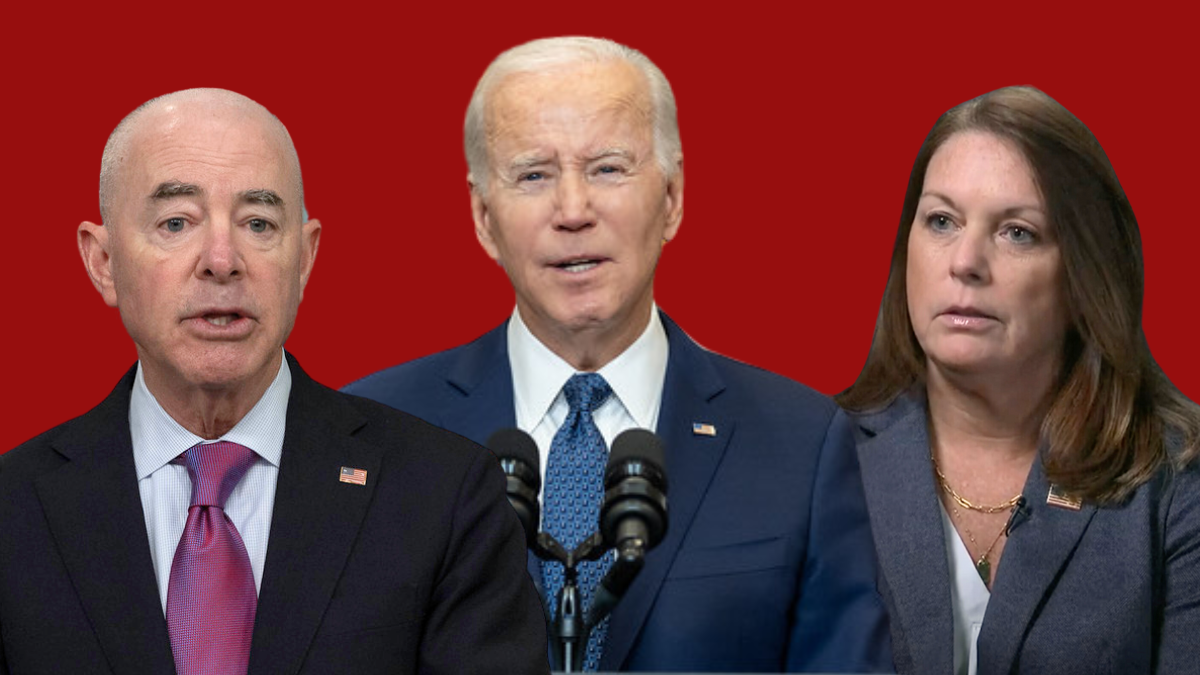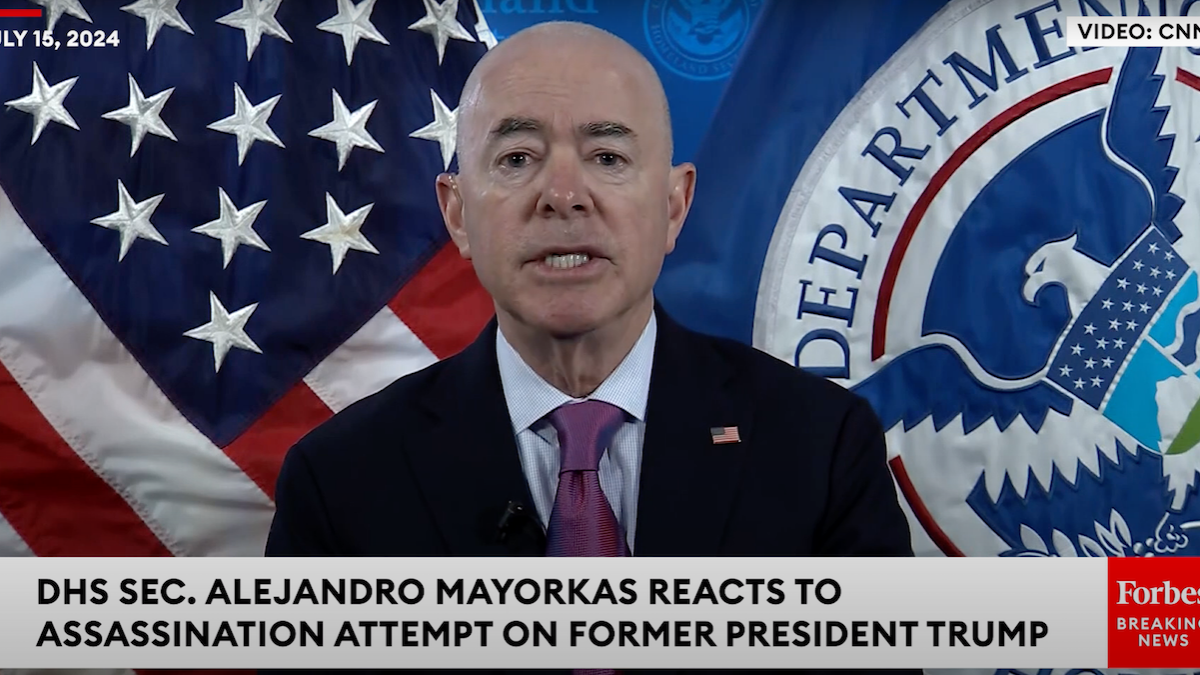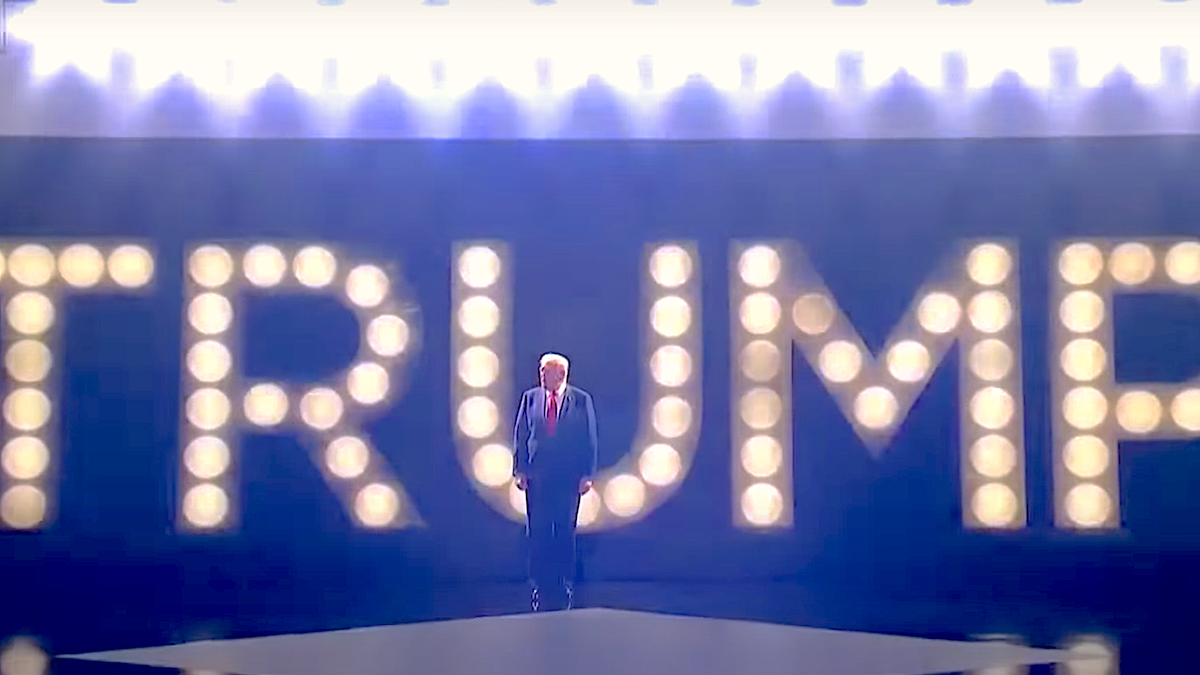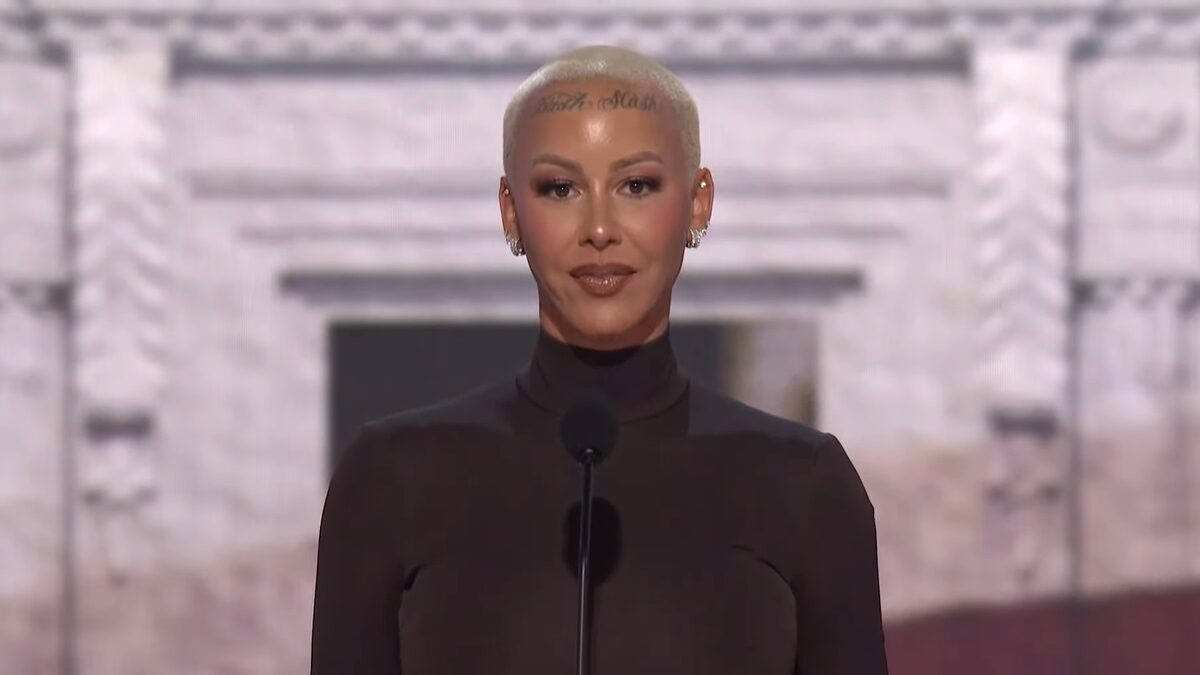Mention the word “debanked,” and some might think you stuttered or misspoke. Explain what debanking is — financial institutions canceling a customer over his politics — and most will think you’re paranoid.
Yet from oil and gas service firms in Texas to companies selling firearms to the Freedom Convoy of Canadian truckers, debanking is a real and growing problem. Especially as corporate leadership skews left and attempts to move their business beyond simply making a profit.
Now John Eastman, one of the attorneys who worked with former President Donald Trump, has been debanked by both Bank of America and USAA.
That USAA debanked Eastman for his ties to the 2020 election contest comes as a surprise. USAA — now an insurance, financial services, and banking powerhouse headquartered in San Antonio, Texas — got its start in 1922 as a mutual self-insurance company for Army officers. Its clientele is mostly service members, veterans, and their families, with membership limited to those who can show a military tie. That means that, per a 2019 Pew Research poll, its customers are center-right, with 59 percent of veterans identifying as Republican versus only 39 percent of veterans who are Democrats. In other words, USAA’s customers voted overwhelmingly for Trump.
Unfortunately, as USAA grew larger, some customers complained of a decline in quality as USAA increasingly contracted out key services, such as adjustment claims. USAA also drifted from its military heritage.
Today, USAA is like that empty husk of a human worn like a skin suit by that giant extraterrestrial insect in “Men in Black.”
Of the 10 men and one woman listed on USAA’s executive council, none mentions military service on his or her LinkedIn profile. Given that about 10 percent of American men ages 35-64 are veterans, one would expect to see at least one veteran on the senior management team of a firm that claims, “We’re run by members, for members. And we’re committed to serving the military and their families,” and “USAA was founded on military values.” Instead, we see people who, unless their parents served in the U.S. military, do not personally qualify for USAA insurance due to a lack of a link to military service.
This lack of direct knowledge of the military has clearly led to a disconnection from military culture, which, in America, leans decidedly to the right.
This brings us back to the curious case of USAA debanking John Eastman without giving any reason.
Curious about USAA and what might have led to its decision as a federally insured bank to debank an innocent American citizen, I consulted the 1792 Exchange’s database on corporations. The 1792 Exchange has assessed nearly 3,000 firms, looking at policies and practices that might predict the likelihood that a company “will cancel a contract or client, or boycott, divest, or deny services based on viewpoints or beliefs.”
I thought of the 1792 Exchange because, just a few weeks earlier, I moderated a panel on ESG (environmental, social, and corporate governance) investing featuring Daniel Cameron, the former attorney general of Kentucky who serves as 1792’s CEO, among others.
Here’s where things get interesting. Of 22 banks and insurance companies headquartered in Texas and rated by the 1792 Exchange, 19 are assessed as having a lower risk of canceling a contract or client due to viewpoint discrimination. One firm was rated as having medium risk. And USAA was one of only two firms that were assessed as a high risk.
By comparison, in California, 1792 Exchange rated 20 firms in the same banking and insurance space, with 10 companies rated as having lower risk, four at medium risk, and six as having high risk. So half of the firms domiciled in California present a degree of risk due to viewpoint discrimination compared to only 13 percent in Texas. Of course, this makes sense when you compare California’s hyper-left political environment to that of Texas.
When I asked Cameron about these numbers, he said, “These numbers aren’t surprising given the leftward tilt of corporate boardrooms. The cancellation of conservatives is just the tip of the iceberg. All Americans should be concerned about it, and the reality is that this type of activism is infecting the financial decisions at banks.”
The 1792 Exchange recently updated its summary analysis for USAA, now noting:
In 2023, USAA debanked former Trump attorney John Eastman, citing its right to close an account “for any reason without advance notice.” Eastman asked about the closures, however, the bank stated that it was their policy not to disclose any further information. USAA scored a 100 on the 2023 Corporate Equality Index (CEI) from the Human Rights Campaign (HRC), a political stakeholder group. … The company provides a benefits package for employees which covers transgender medical procedures for covered employees and dependents, including children. It also uses sex and gender ideology criteria in employee recruitment, vendor selection, marketing, and philanthropic support. USAA forces employees to undergo multiple ideological trainings and uses its reputation, corporate funds, and political influence to support controversial sex and gender ideologies, organizations, and legislation.
Regarding USAA’s rating, Cameron also added, “As you can see, USAA’s rating shows how deeply political activism has seeped into the culture of the insurance company. There are few parts of its business not embracing left-wing ideology. I suspect that most of USAA’s members would find alarming its alignment with a progressive agenda.”
Of course, one might argue that USAA is following President Joe Biden’s Defense Department practice with its mandatory Maoist struggle sessions, gender ideology, and pronoun police. Perhaps the same climate of cultural Marxism is responsible for USAA’s rapid customer service degradation.
I contacted USAA for comment Friday afternoon, but by Monday evening, they had not responded.
USAA isn’t foolish, though; it makes sure the home front is adequately provisioned insofar as its political giving is concerned. Per OpenSecrets.org, it gives handsomely to Republicans in Texas, its home state. So far in the 2024 election cycle, USAA has donated $121,500 to Texas Republicans and $36,000 to Texas Democrats.
For the rest of the nation, the divide is even: $118,750 for Republicans and $118,650 for Democrats. In the prior political cycle, USAA similarly gave far more to Republicans than Democrats in Texas, but in the other 49 states, their giving tilted to Democrats.
Such a divergence between corporate policy and giving can be expected, however, as the people deciding whom to give money to are mostly influenced by which lawmakers are able to help or hurt a firm’s particular corporate interests.
With this in mind, it’s remarkable that one of the many Texas Republicans USAA contributed to was quick to denounce USAA’s Eastman debanking. Glenn Hegar, the Texas Comptroller of Public Accounts, posted on X that “USAA members deserve better from a company that once embraced its members as heroes but now apparently views them as extremists. This lurch to radical leftist ideology is disgraceful.” I agree.


